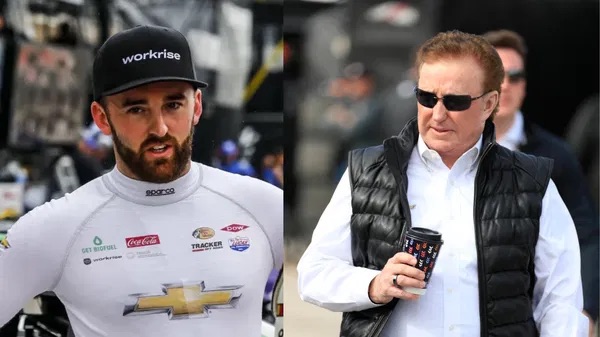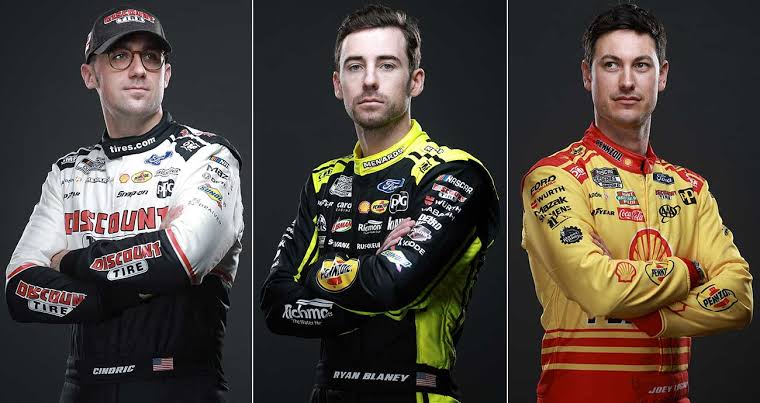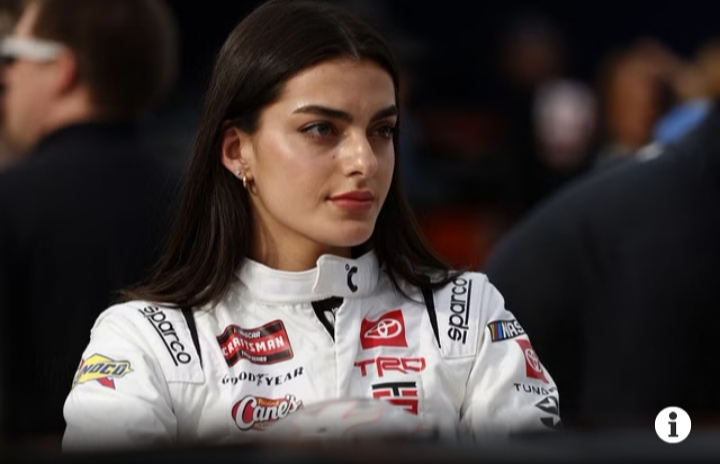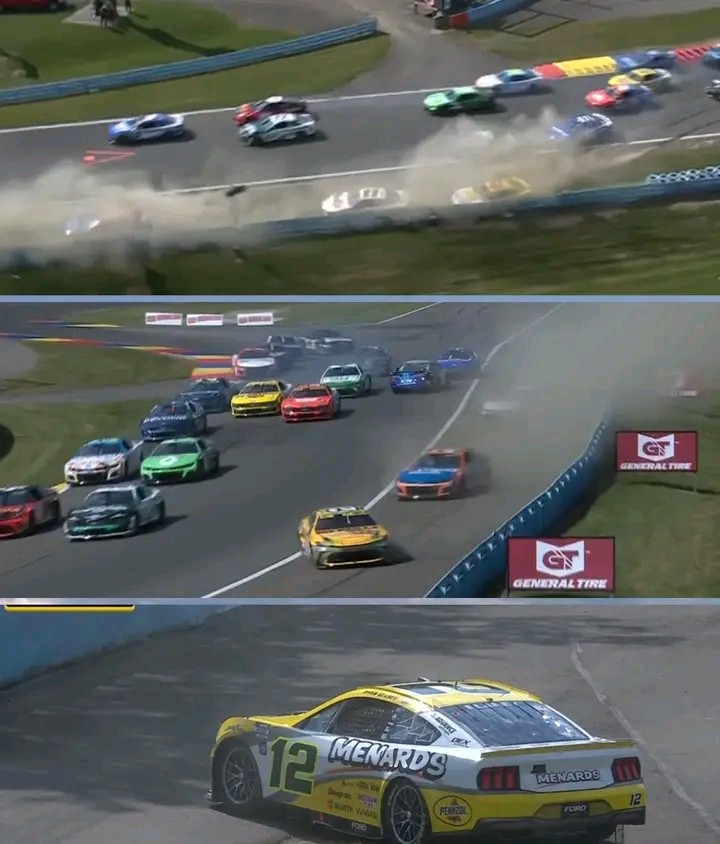Austin Dillon’s controversial actions during the Richmond race, where he collided with Joey Logano and Denny Hamlin, have sparked intense debate across the NASCAR community. Although Dillon emerged victorious in the race—his first win of the 2024 season—NASCAR took swift action by revoking his playoff spot and imposing a points penalty. The decision has left Richard Childress Racing (RCR) and its supporters in turmoil, especially after the team’s subsequent appeals failed to overturn the ruling. The incident has not only cast a shadow over Dillon’s victory but has also placed the entire team under scrutiny as they grapple with the consequences.
Richard Childress, the team owner, has reportedly found it hard to come to terms with the Appeals Board’s decision, which upheld NASCAR’s penalties. The ruling was a significant blow to RCR, which had endured a lackluster 2024 season up until Dillon’s controversial win. That victory had briefly reignited hopes within the team for a strong playoff run. However, the penalty has dashed those aspirations, leaving the team in a difficult position as they approach the Round of 16. While the upcoming race at Darlington offers a glimmer of hope for a turnaround, the team remains unsettled, still reeling from the harsh penalty imposed on Dillon.
In the wake of the failed appeal, Richard Childress made a statement that has further fueled the controversy surrounding the incident. Following NASCAR’s decision to revoke Dillon’s playoff spot while allowing him to keep the race win, Childress voiced his discontent, asserting that the penalty “will change NASCAR forever.” His words have been met with widespread criticism, as many believe they reflect a refusal to acknowledge the gravity of Dillon’s actions at Richmond. Spinning Joey Logano and intentionally making contact with Denny Hamlin’s car were seen as moves that crossed the line, actions that NASCAR deemed “detrimental to stock car auto racing.”
NASCAR President Steve Phelps explained the organization’s rationale behind the penalty, emphasizing that Dillon’s behavior went beyond the acceptable limits of competition. Phelps noted that Dillon’s actions in the final moments of the race, particularly his aggressive maneuvers in Turns 3 and 4, left NASCAR with no choice but to impose a penalty. He described the incident as a “hook” that endangered both competitors, particularly Denny Hamlin, who took a hard hit as a result. The decision was based on both visual evidence and data analysis, which indicated a clear violation of NASCAR’s rules. Despite the justification provided by NASCAR, Childress and his team were not ready to accept the outcome.
RCR’s first appeal against the penalty was unsuccessful, and their second attempt to challenge the decision also ended in defeat. The Appeals Officer, Bill Mullis, reinforced NASCAR’s original ruling, stating that the data from SMT and IDAS systems confirmed a rule violation during the last lap at Richmond Raceway. The specific rule in question, 12.3.2.1.B, requires that race finishes be free from violations that could undermine the integrity of the sport. Mullis’ explanation, coupled with Phelps’ remarks, highlighted the seriousness of Dillon’s actions and why the penalty was deemed necessary.
However, Richard Childress’ response to the ruling has drawn ire from the NASCAR fanbase. His assertion that the penalty will have a lasting impact on NASCAR has been widely criticized as an overstatement. Many fans have taken to social media to express their disapproval, with some accusing Childress of being out of touch with the reality of the situation. One fan bluntly labeled Childress as “delusional,” pointing out that there is a significant difference between a standard “bump and run” and what Dillon did at Richmond. Another fan criticized Childress for defending actions that could endanger other drivers, questioning whether such behavior should be considered a fundamental aspect of NASCAR.
The backlash extended beyond just Richard Childress. Fans also directed their frustration toward Austin Dillon, who some believe has a reputation for reckless driving. One fan sarcastically commented that they did not realize “bulldozing other cars” was a fundamental part of NASCAR, while another criticized Dillon’s grandfather, Richard Childress, for failing to recognize when he has been defeated. The criticism wasn’t limited to social media; the NASCAR community as a whole seemed united in their view that the penalty was justified and that the appeal was misguided.
Further fueling the controversy, fans recalled past incidents where Childress had taken a strong stance against reckless driving, particularly when he warned Ricky Stenhouse Jr. not to damage any of his cars. This perceived hypocrisy has only added to the criticism directed at Childress. Some fans have suggested that Childress should focus more on improving his team’s performance rather than making controversial statements that do little to help their situation. Given the team’s struggles throughout the season, many believe that RCR’s energy would be better spent on becoming more competitive rather than engaging in a futile battle against NASCAR’s ruling.
As RCR looks ahead to the next race at Darlington, the team is under immense pressure to deliver a strong performance. A win at Darlington could help the team move past the controversy and potentially secure a playoff spot, which would be a significant achievement given the circumstances. However, the lingering effects of the Richmond incident and the failed appeal have cast a long shadow over the team’s prospects. Whether or not RCR can recover from this setback remains to be seen, but one thing is clear: the controversy surrounding Austin Dillon’s actions at Richmond and the subsequent penalty will not be forgotten anytime soon.




